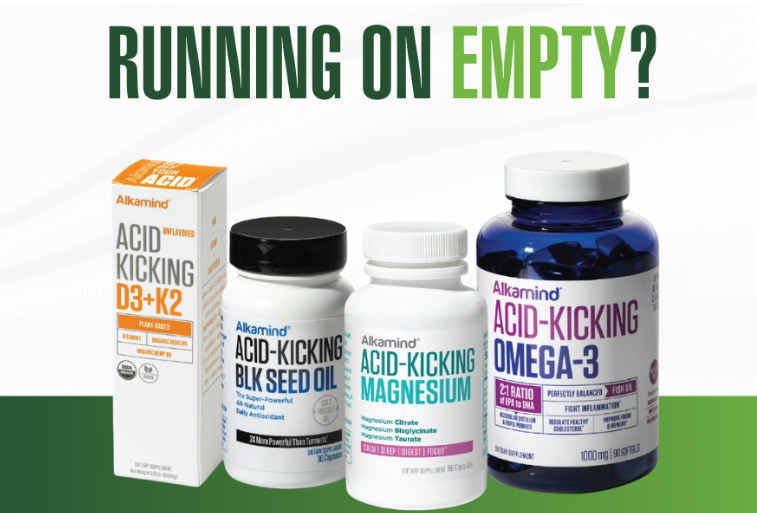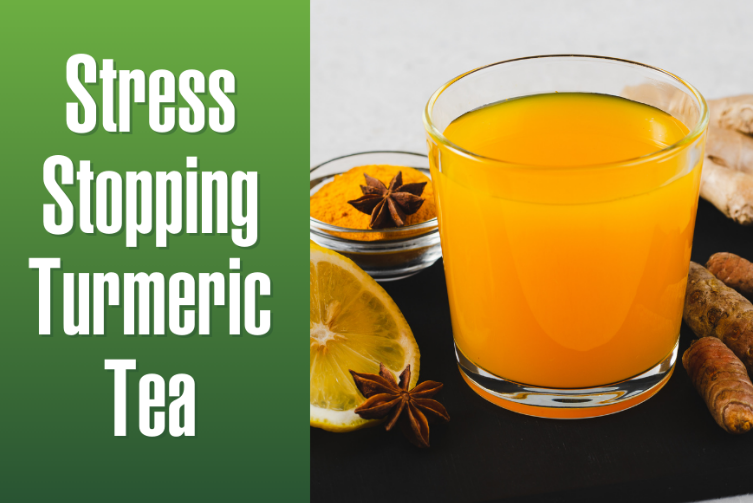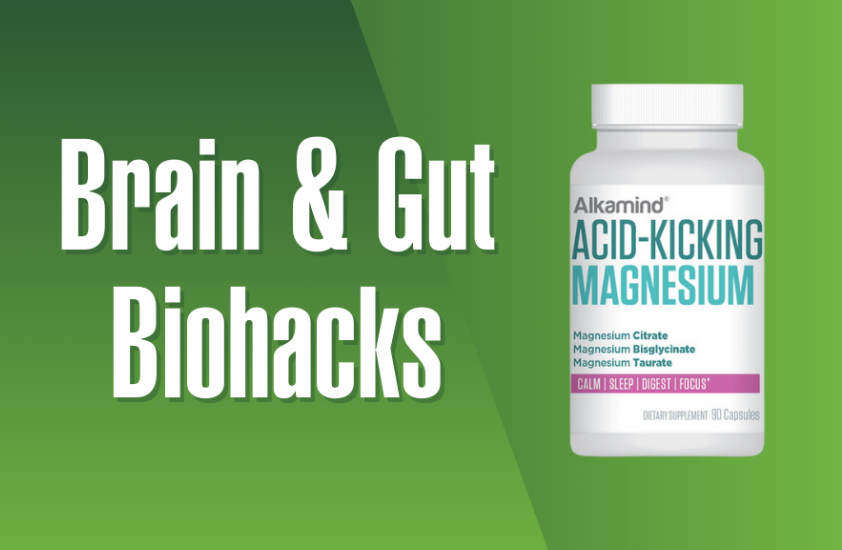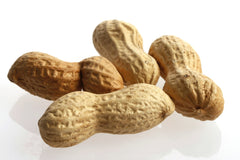 Nuts and Seeds are some of the healthiest foods offered by nature.
Nuts and Seeds are some of the healthiest foods offered by nature.
Nuts (the alkaline ones) can be amazing foods to help you as you transition to an alkaline lifestyle. They are great as snacks, can go in a healthy trail mix, can be used in alkaline desserts and my favorite…added to your favorite alkaline breakfast smoothie!
They can help regulate blood sugar levels, decrease hunger urges, control inflammation, keep your bodily functions regular and help keep you young.
They contain large amounts of fiber, which keeps you full longer and can gives you lasting energy. The healthy fats they provide have an anti-inflammatory affect. They are high in Vitamins E and Zinc, which are great for skin, hair and nail health.
These act as anti-oxidants, which help fight free radicals. Free radicals are created when you exercise, eat poorly, smoke, drink alcohol and are exposed to chemical, physical and emotional stressors. The omega 3 fatty acids in nuts and seeds help to fight depression and anxiety.
Walnuts contain high amounts of manganese, which works wonders for PMS suffers out there.
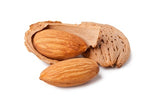 Almonds are rich in vitamins and healthy fats and can help reduce weight and inflammation levels.
Almonds are rich in vitamins and healthy fats and can help reduce weight and inflammation levels.
Cashews are also rich in Zinc and Magnesium which addresses a whole host of symptoms in the body from:
-
Muscle twitching,
-
Cramping,
-
Constipation,
-
Lack of focus,
-
High blood pressure
-
Type II diabetes
-
Respiratory issues
-
Dizziness
-
Fatigue
-
Potassium deficiency
-
Difficulty swallowing
-
Poor memory
-
Confusion
The list goes on even further….
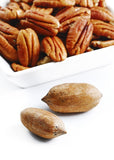 Pecans are among the highest in antioxidants. They help delay progression of degenerative neurological diseases like amyotropic lateral sclerosis (ALS), also known as Lou Gehrig’s disease. They can also help lower LDL levels.
Pecans are among the highest in antioxidants. They help delay progression of degenerative neurological diseases like amyotropic lateral sclerosis (ALS), also known as Lou Gehrig’s disease. They can also help lower LDL levels.
Brazil Nuts contain more then 100% of your daily requirement for selenium, which may help prevent certain cancers. Try and limit your consumption to 1 to 2 servings per day since you don’t want more selenium then you need.
Macadamia Nuts contain the largest amount of heart healthy monounstratuated fats (MUFA) more then any other nuts. A Pennsylvania State University study (funded partly by the Hershey Company, which owns the Mauna Loa Macadamia company) found that people who added macadamia nuts to their diets reduced their triglyceride levels, total cholesterol, and LDL cholesterol by nearly 10 percent.
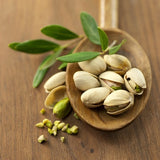 Pistachios according to the University of Texas M. D. Anderson Cancer Center researchers found that eating two ounces of pistachios daily may reduce lung cancer risk. Pistachios are rich in the antioxidant gamma-tocopherol, a form of cancer-fighting vitamin E. Pistachios are also packed with potassium, a mineral essential for a healthy nervous system and muscles, and are a good source of vitamin B6, which can lift your mood, fortify your immune system, and more.
Pistachios according to the University of Texas M. D. Anderson Cancer Center researchers found that eating two ounces of pistachios daily may reduce lung cancer risk. Pistachios are rich in the antioxidant gamma-tocopherol, a form of cancer-fighting vitamin E. Pistachios are also packed with potassium, a mineral essential for a healthy nervous system and muscles, and are a good source of vitamin B6, which can lift your mood, fortify your immune system, and more.
Hazelnuts are also known for their high levels of monounsaturated fats. They can help manage type 2 diabetes and are also good for eye health.
Now most of you are thinking about running out and buying those great roasted nuts that you see on your grocery store shelf that are nice and salted.
Well not so fast and here’s why.
When you take a nut and roast it you are now taking a perfectly good and healthy fat and turning it into an unhealthy one.
Acrylamides -- chemicals that form in foods during the roasting process -- have carcinogenic effects in animals and could also have harmful human effects. In a Swiss study reported in the 2005 "Journal of Agricultural and Food Chemistry," researchers noted that nuts highest in free asparagine, a type of amino acid, had the highest levels of acrylamides after roasting.
In this study, roasted hazelnuts contained low levels of acrylamides, and European almonds contained less than almonds grown in the United States.
Raw nuts on the other hand come with a different problem. Raw nuts that haven't been soaked or dried contain substances that can cause harm.
Plants such as nuts contain enzymes or other substances that protect the plant from germinating too soon or from being eaten by insects. Phytic acid in raw nuts protects the plant but can block your body from absorbing nutrients such as calcium, iron, magnesium and zinc.
Soaking the nuts or drying them removes the phytic acid. Getting too much phytic acid in your diet can lead to nutritional deficiencies.
It is important to say a word about soaking raw nuts. Many raw food recipes call for soaked nuts, and there are advantages to doing so. Raw nuts, especially walnuts and almonds, taste better after they have been soaked, and are also easier to digest.
Soaking removes the dust, residue and tannins from the nut shell, as well. In addition, enzyme activity is elevated because enzyme inhibitors are neutralized during the soaking process.
Depending on the nut, soak in filtered water anywhere between twenty minutes to overnight in the fridge for best results. Be sure to rinse when you are finished soaking.
So if nothing else you are helping to cleanse the nuts to increase enzyme activity and rid them of any residues and make it easier for your body to digest them.
I like to soak them first then let them dry and then add a little sea salt or Himalayan salt to them for taste.
Last but not least I’ll talk about Peanuts which are not a nut at all, but a legume… and you want to avoid them like the plague!
One of the most concerning toxins associated with peanuts is a mold that produces aflatoxin. Aflatoxin is a known carcinogen. Aflatoxin consumption has also been shown to stunt growth in children.
Any food that is creating congestion in the liver may potentially impede its important functions, including detoxification and fat-burning.
Why are peanuts so susceptible to toxins? They are actually legumes, and not nuts. While nuts have a hard, protective shell (think about walnut and pecan shells and just how difficult they are to crack), legumes have a soft, permeable pod.
Peanuts also grow underground, because they are part of the plant’s root system. Growing underground with a permeable pod leaves peanuts at the mercy of temperature and moisture conditions including warm humidity that allows for the growth of molds.
Peanuts can also grow molds during storage, shipping, or even on grocery store shelves if the conditions are right for doing so.
This is true EVEN for organic peanuts or peanut butter, as it is the nature of the peanut itself and doesn’t have to do with pesticides or herbicides.
And what these manufacturers won’t tell you is that they take the pretty looking peanuts with less mold and use them for you cocktail peanuts, and take the ones with more nasty mold and use them for the peanut butter – they get mashed up and you can’t see them anyway!
Whether on the Get Off Your Acid 7-Day Cleanse, or just for healthy eating, NUTS should be a staple in everyone’s kitchen, travel bag, and daily diet.
Enjoy as you GET OFF YOUR ACID!
The holidays are here and we all know how that goes, so make sure you take care of you during this fun but stressful time.
Cleanse your body, or if you are not up for the full program, use the 105 delicious recipes to eat 80/20 rule in between the holidays.

 Skip to content
Skip to content



